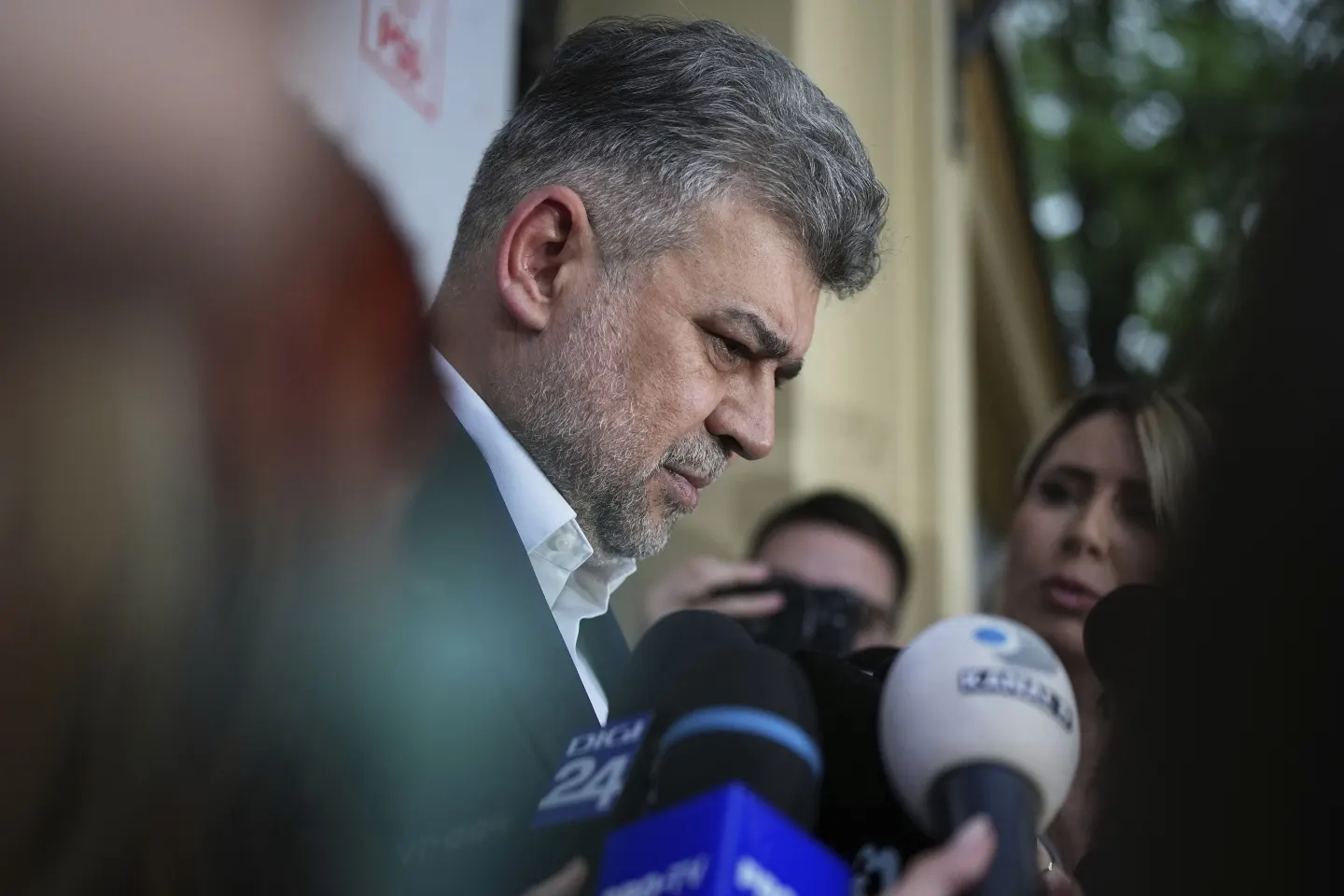Severe Political Crisis in Romania – Far-Right Victory in Presidential Election, Prime Minister Marcel Ciolacu Resigns
Romania’s political landscape is facing a dramatic upheaval. Following the victory of far-right leader George Simion in the first round of the presidential election and the defeat of the ruling party’s candidate, Prime Minister Marcel Ciolacu has resigned.
Severe Political Crisis in Romania – Far-Right Victory in Presidential Election, Prime Minister Marcel Ciolacu Resigns
Severe Political Crisis in Romania – Far-Right Victory in Presidential Election, Prime Minister Marcel Ciolacu Resigns
[Bucharest, May 5, 2025]
Romania’s political landscape is facing a dramatic upheaval. Following the victory of far-right leader George Simion in the first round of the presidential election and the defeat of the ruling party’s candidate, Prime Minister Marcel Ciolacu has resigned.
Ciolacu announced that his center-left Social Democratic Party (PSD) is withdrawing from the pro-Western coalition, effectively dissolving the long-standing pro-European alliance. Until the second round of elections on May 18, the current cabinet will serve in a caretaker capacity.
In the first round of the election, George Simion secured nearly 41% of the vote. He will face centrist Bucharest Mayor Nicușor Dan in the runoff. The PSD-backed candidate, Crin Antonescu, came in third and was eliminated from the race.
Although PSD won the most seats in the December 2024 parliamentary elections, the far-right Alliance for the Unity of Romanians (AUR) and two other nationalist parties—one of which is considered pro-Russian—collectively secured over one-third of the seats, making them a major political force.
Previously, PSD had formed a coalition government with the liberal PNL and the ethnic Hungarian UDMR party. Ciolacu stated that “this coalition is no longer legitimate,” and noted that he had planned to step down once a new president took office.
Romania’s presidency is a semi-executive role, with authority over the armed forces, chairing the National Security Council, and the power to appoint the prime minister, chief justice, and heads of intelligence agencies. The president also holds veto power over key European Union decisions.
Following the election results, both international and domestic bond markets were hit hard. The 2053 U.S. dollar bond dropped by 3 cents to 91.84 cents, while the domestic 10-year bond yield spiked to 8%, the highest in three months.
A J.P. Morgan analysis noted, “Political risk has significantly increased. While Simion may act pragmatically, implementation of the so-called 'Georgescu Plan' could provoke a negative market reaction.”
Analysts fear that a Simion victory would bring another Euroskeptic leader into the EU, potentially influencing the political trajectories of Italy, Hungary, and Poland. There is also concern about growing instability on NATO’s eastern flank, particularly in relation to military aid for Ukraine.
The OSCE reported that while the election was technically well-managed, issues surrounding voter eligibility, lack of administrative transparency, and poor regulation of online campaigning undermined the integrity of the overall process.










